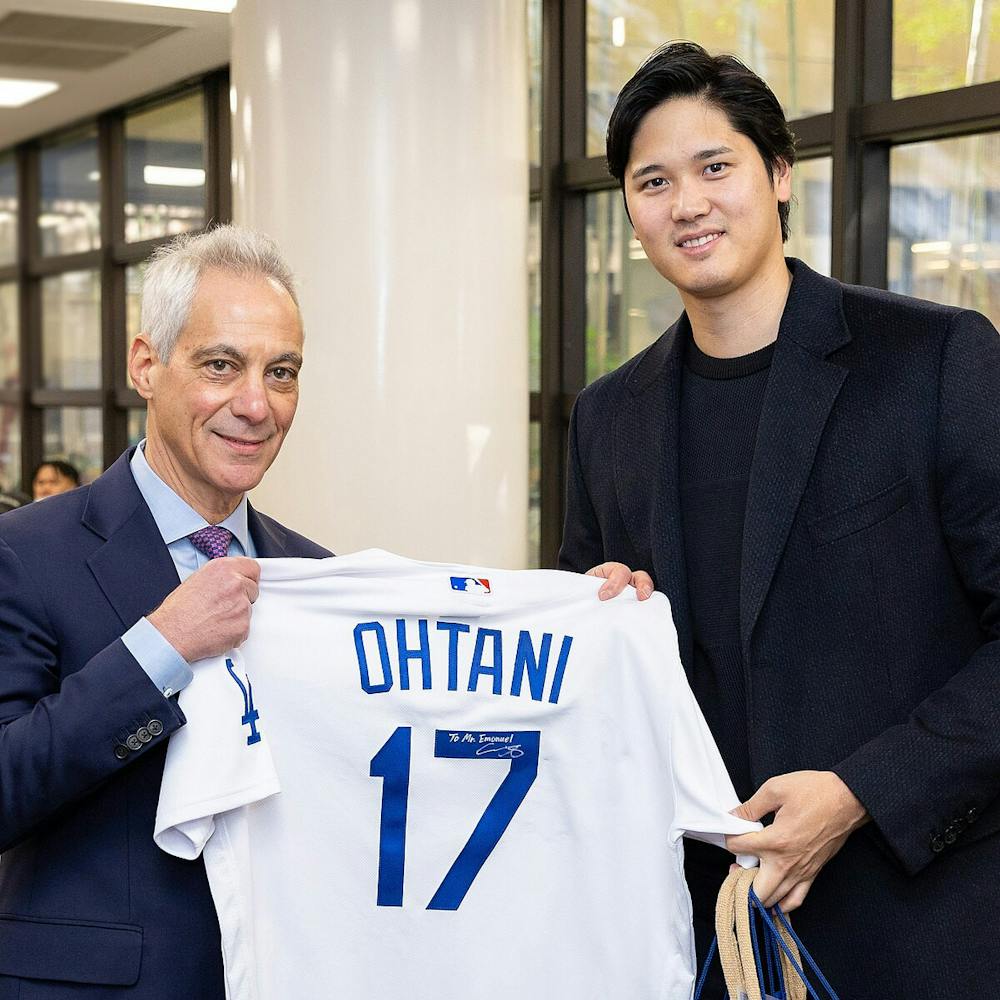On Wednesday, March 20, news broke out of the Los Angeles Dodgers clubhouse that Ippei Mizuhara, the long-time friend and interpreter of Shohei Ohtani, had been fired.
The situation transpired after questions were raised about wire transactions from Ohtani’s account to a bookmaking operation that amounted to the sum of at least $4.5 million. While sports betting is now legal in 39 states, it is not in California. Ohtani’s camp is claiming the money was stolen to pay off Mizuhara’s gambling debts but those claims have not been confirmed.
Given California is where the bookmaker Mizuhara is alleged to have incurred these debts, this resulted in the Dodgers organization taking swift action and has subsequently led to the MLB forming their own investigation into both Mizuhara and Ohtani.
This comes only months after superstar two-way player Ohtani inked the largest contract in North American sports history, signing with the Dodgers on a 10-year contract worth $700 million.
As time progresses it seems more and more likely that Ohtani will leave this investigation mostly unscathed (albeit the $4.5 million), a result that will please stakeholders in the MLB given his international superstar status. However, I believe that this situation brings to light a greater issue that is not-so-subtly taking over the world of sports.
The issue at hand? The proliferation of sports betting.
On May 14, 2018, the Supreme Court of the United States passed a decision effectively legalizing the practice of commercial sports betting. This decision paved the way for an industry that has subsequently run rampant with popularity among a large portion of the U.S. population. A 2022 Pew Research Center study found that 19% of U.S. adults had bet money on sports in the past year.
In a vacuum, the act of sports betting is not inherently harmful; many find it enhances the viewing experience of a sports game or they simply find placing bets enjoyable.
However, it is in this way that betting is able to hold such a strong grip on the entire sports industry. Under the guise of an enjoyable way to enhance the “sports experience,” betting companies have been allowed to infiltrate into so many facets of our lives, in large part because of the media.
Just by scrolling through the ESPN app, one is bombarded with spreads and odds on all of the current sporting events. Apps such as DraftKings and FanDuel have become normalized to the point that most notable sports content creators advertise the companies and promote their products to audience members, a lot of whom are below the minimum age for betting. This is especially harmful given the effect that this could have on the young, impressionable generation, creating even more of a dependency on sports betting than we’ve previously ever seen.
Perhaps the telling part of this whole situation is how the ESPN2 telecast of the Ohtani press conference had a ticker on the bottom of the screen displaying live betting odds on a number of different sports games.
The irony cannot be lost that there has been so much discourse surrounding the terrible nature of gambling on sporting events in the same league athletes participate in. Yet, ESPN is still content to promote the same products that allow such practices to occur in the first place.
It is clear that there is an inherent issue. The NBA is facing a similar situation regarding Raptors center Jontay Porter, who is also under investigation for betting issues associated with his own games. If the allegations against Porter are true, he will likely face a strong punishment as the NBA tries to make an example of him. However, I don’t believe that this will solve the problem, rather it will only make others more careful not to get caught.
Whether the MLB, NBA and other professional leagues want to admit it or not, there is a bigger dilemma at hand that is rooted in a corruption of the integrity of sport.
With the advent of mobile online betting, it’s as simple as a click and one is able to bet on any sports game, anywhere in the world.
This kind of widespread access to betting on any event, anywhere, makes it almost impossible to regulate every single instance of malpractice. It beckons the question: Is there a solution with the current infrastructure in place?
Punishments will work to a point, however, unless there is some kind of major change in the regulation of these practices, it seems doubtful that the issue will disappear any time soon.
The media is unlikely to change anything given the enormous amount of revenue that they produce through advertising and promotion of sports gambling, and so the onus of this solution will fall on the shoulders of the individual leagues to solve. They should act fast, before sports betting spirals completely out of control.





